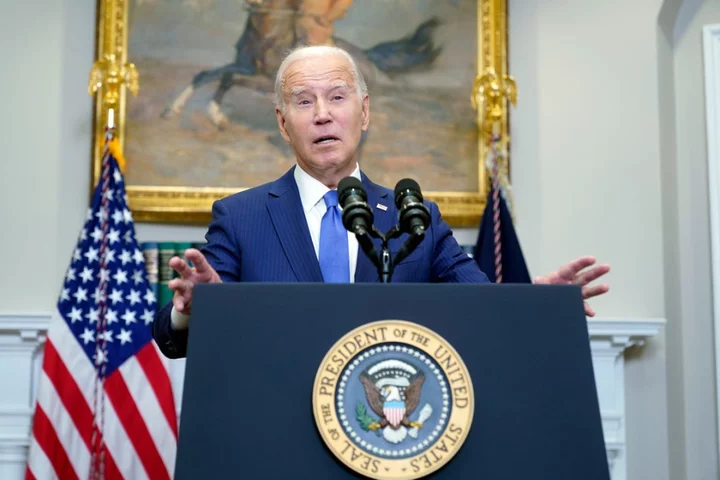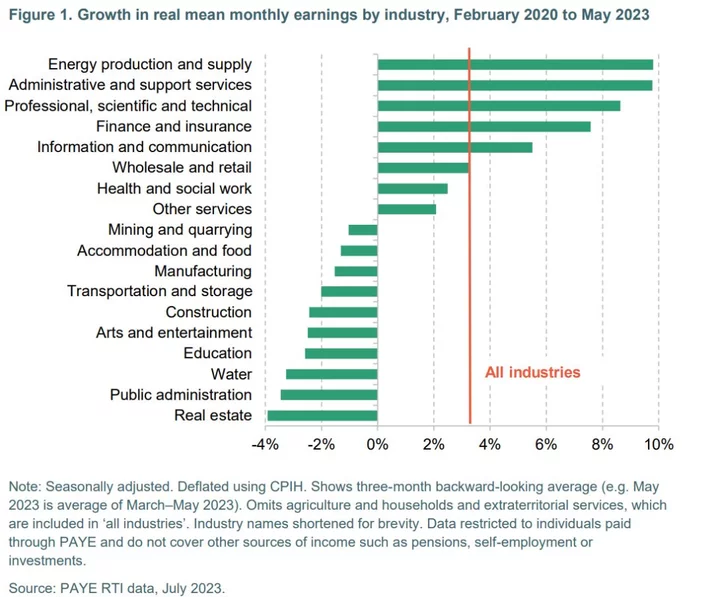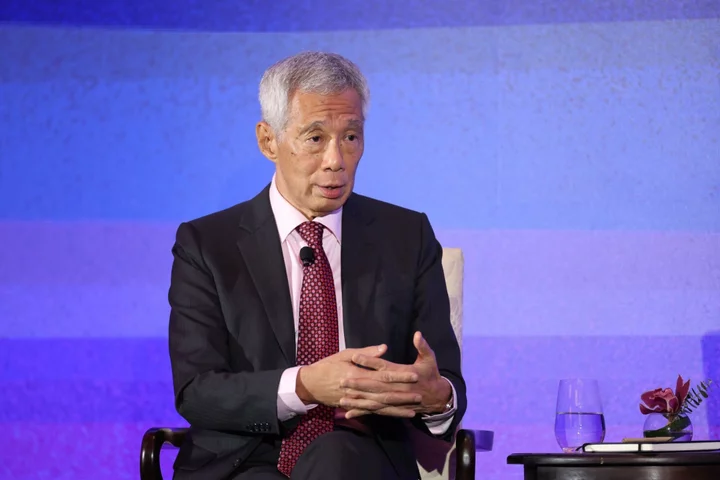The Biden administration will centre White House efforts to address threats of various transmissible diseases, pathogens and other biological agents in a new permanent office headed by a member of the National Security Council (NSC). The White House announced the creation of the Office of Pandemic Preparedness and Response Policy (OPPR) on Friday. OPPR will be “charged with leading, coordinating, and implementing actions related to preparedness for, and response to, known and unknown biological threats or pathogens that could lead to a pandemic or to significant public health-related disruptions in the United States”, according to a handout. The new office will shift the White House’s Covid reponse efforts from a standalone team to a broader group that will include experts working on a number of different potential “public health-related disruptions”, including new variants of the influenza (common flu) virus. “Under President Biden’s leadership, the Administration has taken significant steps to ensure all individuals have continued access to lifesaving protections such as vaccines, treatments, and tests, and that the nation is well prepared to manage the risks of COVID-19 or other causes of potential pandemics in the future,” a White House statement read. The office’s inaugural director will be Major General (retired) Paul Friedrichs, special assistant to President Biden and the Senior Director for Global Health Security and Biodefense on the National Security Council. The new office comes three months after Mr Biden formally ended the national emergency declaration over the pandemic. More than 1.1 million Americans have died from Covid since it first emerged in the US in early 2020. Mr Biden lobbied Congress against passing the resolution to end the national emergency but nevertheless signed the bipartisan piece of legislation when it hit his desk in April. The president had previously declared the Covid pandemic “over” in 2022, telling CBS’s 60 Minutes: “We still have a problem with Covid. We're still doing a lot of work on it. But the pandemic is over. If you notice, no one's wearing masks.” Read More The fight over Alabama's congressional redistricting now shifts back to federal court DeSantis downplays Jan. 6, says it wasn't an insurrection but a 'protest' that 'ended up devolving' Biden names CIA Director William Burns to his Cabinet
The Biden administration will centre White House efforts to address threats of various transmissible diseases, pathogens and other biological agents in a new permanent office headed by a member of the National Security Council (NSC).
The White House announced the creation of the Office of Pandemic Preparedness and Response Policy (OPPR) on Friday.
OPPR will be “charged with leading, coordinating, and implementing actions related to preparedness for, and response to, known and unknown biological threats or pathogens that could lead to a pandemic or to significant public health-related disruptions in the United States”, according to a handout.
The new office will shift the White House’s Covid reponse efforts from a standalone team to a broader group that will include experts working on a number of different potential “public health-related disruptions”, including new variants of the influenza (common flu) virus.
“Under President Biden’s leadership, the Administration has taken significant steps to ensure all individuals have continued access to lifesaving protections such as vaccines, treatments, and tests, and that the nation is well prepared to manage the risks of COVID-19 or other causes of potential pandemics in the future,” a White House statement read.
The office’s inaugural director will be Major General (retired) Paul Friedrichs, special assistant to President Biden and the Senior Director for Global Health Security and Biodefense on the National Security Council.
The new office comes three months after Mr Biden formally ended the national emergency declaration over the pandemic.
More than 1.1 million Americans have died from Covid since it first emerged in the US in early 2020.
Mr Biden lobbied Congress against passing the resolution to end the national emergency but nevertheless signed the bipartisan piece of legislation when it hit his desk in April.
The president had previously declared the Covid pandemic “over” in 2022, telling CBS’s 60 Minutes: “We still have a problem with Covid. We're still doing a lot of work on it. But the pandemic is over. If you notice, no one's wearing masks.”
Read More
The fight over Alabama's congressional redistricting now shifts back to federal court
DeSantis downplays Jan. 6, says it wasn't an insurrection but a 'protest' that 'ended up devolving'
Biden names CIA Director William Burns to his Cabinet









